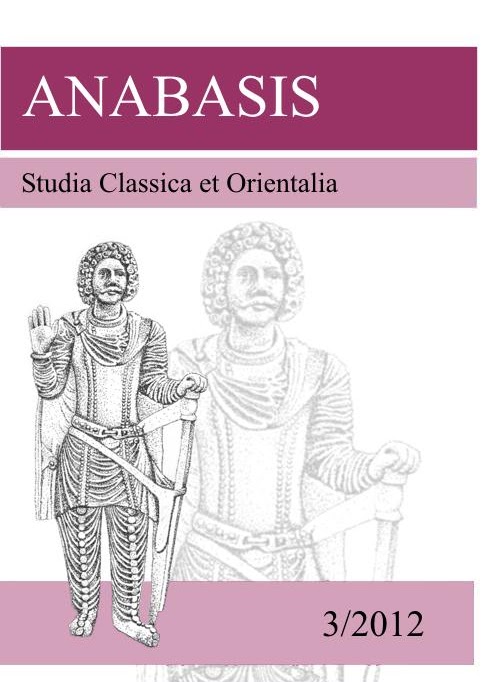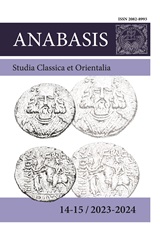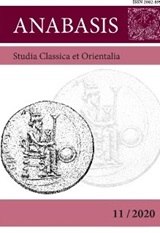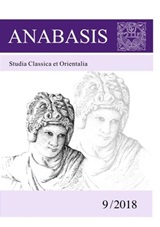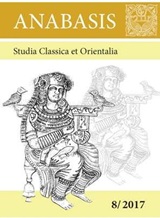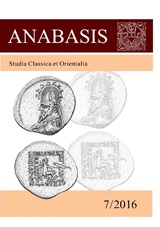ΣKYΘIΣTI XEIPOMAKTPON: Sophocles' Record of the Extravagant Scythian Custom
Keywords:
Hellenes, Scythians, perception of barbarians, Athenaeus, Sophocles, Herodotus, Greek myth, Oenomaus, Pelops, nomadic neighbours, cheiromaktron, scalp, scalpingAbstract
The barbarian custom of beheading and scalping vanquished enemies must have looked awesome to the civilized colonists in the North Black Sea Region. Greek merchants and travellers brought horrible stories about steppe nomads to poleis of Asia Minor and the Balkans to satiate the interest of their countrymen in tales of foreign oddities. It was here that legends of savage and unbridled barbarians were born; here the "xenomyth" of the bloodthirsty ferocity emerged. The Greeks related the scalping — removal of skin together with hair from heads of slain enemies — to a particular ethnos, namely, the Scythians. The extravagant "trophies" taken by Scythian warriors were called xeLpówakTpor. In Athens in the 5th century BC, they were so well aware of Scythians that the words of the okv0- root became part of the Aftic language and permeated the poetry. The earliest literary record of the Scythian custom of scalping slain enemies and turning the ripped off scalps into peculiar "hand-towels" must be attributed not to the shocking story told by Herodotus (4.64.2) but to a fragment from Sophocles' tragedy Oenomaus, referred to by Athenacus (Soph. . 473 TGF, Radt = Athen. 9.410c) (see Sinitsyn 2008a): "the Scythian way for a hand-towel shorn". The reference in Oenomaus to oxv0L0TL xeLpdpaxTpor proves that the playwright replaced Ocnomaus* "trophies", which hitherto were either sculls, or heads of slain rivals, by outlandish and awesome "hand-towels" — cheiromaktrons-scalps. Referring to this barbarian phenomenon Sophocles wanted to arrest attention of his audience. The Scythian eccentricity exhibited in Oenomaus emphasized the ferocity of the main hero of the tragedy, who had gone to far in his "merrymaking". By oku0toTL Sophocles shows that Oenomaus” conduct was unworthy of Hellenes; the acts he performs testify to his “barbarity”, to his being a true “Scythian”. In no way does Sophocles’ reference to the extravagant Scythian custom look absurd and far-fetched.
Downloads
Published
How to Cite
Issue
Section
License
Copyright (c) 2012 Anabasis. Studia Classica et Orientalia

This work is licensed under a Creative Commons Attribution-NonCommercial-NoDerivatives 4.0 International License.

